A US official said on May 27 that this move is only temporary, with the aim of expanding checks on international students' social media activities and does not apply to applicants who have scheduled visa interviews.
Check social media carefully
According to the AP news agency, in a dispatch from Secretary of State Marco Rubio, the US State Department plans to issue guidance on expanding social media screening. "Effective immediately, in preparation for the expansion of mandatory social media screening and assessment, consular sections should not schedule any additional student or exchange visa appointments (F, M, and J) until guidance is issued," the dispatch stated. State Department spokeswoman Tammy Bruce also confirmed that the US will use all available resources to assess visa applicants.
The prolonged delay in student visa interview appointments can cause delays and disrupt summer and fall admission plans for university students, boarding school students or exchange students. Vietnamese students who intend to study in the US are also affected. This group of students often have graduated from high school or choose to study in a 2-phase international joint program (phase 2 is to transfer to study at a university in the US). Ms. Pham Minh Phuong (District 12, Ho Chi Minh City) plans to send her daughter to study abroad in the US next year. "I don't know how long this suspension will last. If I don't feel secure, my family will have to choose another country for my daughter to study abroad," Ms. Phuong told a reporter from Nguoi Lao Dong Newspaper.
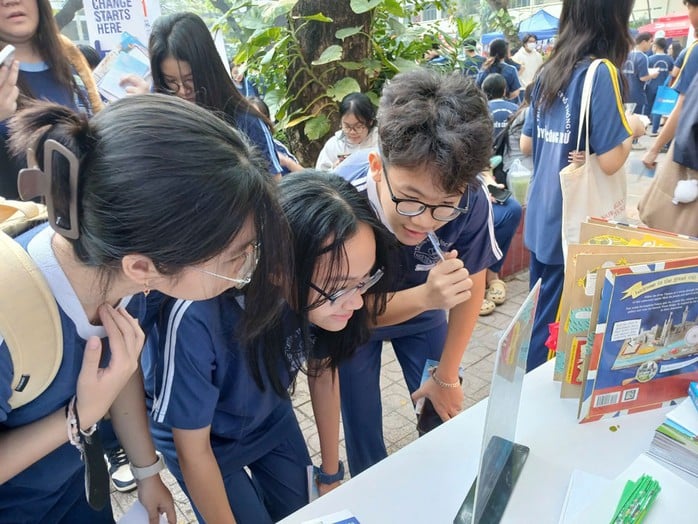
Students learn about the international joint program at the International University - VNU-HCM. Photo: HUY LAN
At the university level, the country has more than 400 joint training programs with foreign countries, of which the US ranks second with 59 programs. The International University - VNU-HCM said that the school currently has 20 joint programs with foreign countries, including with American universities. In the signed cooperation, there are programs for students to study entirely in Vietnam but there are also programs for students to study phase 2 at partner schools in the US.
Associate Professor, Dr. Dinh Duc Anh Vu, Vice President of the International University, informed that in September, the school will have a group of students go to the US to study phase 2. "If the suspension of issuing new student visas continues, the school will renegotiate with its partner school in the US to switch to online learning with American universities or study entirely in Vietnam," said Associate Professor Vu.
Ho Chi Minh City University of Industry has a joint training program with Angelo State University (ASU) in the US, in which students study the first 2 years at Ho Chi Minh City University of Industry and the last 2 years at ASU. There are 2 intakes each year, in February and August, and qualified students will go to the US to study phase 2.
Only temporary?
Ms. Natella Svistunova, Cultural Attaché of the US Consulate General in Ho Chi Minh City, said that about 30,000 Vietnamese students are studying in the US - ranking 6th globally and 1st in Southeast Asia in terms of the number of students studying in the US.
In response to the information from the US, domestic study abroad consultants said that there should be no need to worry too much. Dr. Nguyen Trung Nhan, Head of Training Department of Ho Chi Minh City University of Industry, said that the US government's consideration of stopping issuing student visas is only a temporary measure to solve the problem of transparency of international student information. According to him, the US needs international students to increase budget revenue as well as take advantage of the intellectual resources from international students to develop science and technology .
Mr. Nguyen Van Minh Tien, Director of BGG Education Organization, said that checking social networks and personal information pages of visa applicants has been done before and now the US is tightening it to minimize security and political risks in this country. According to Mr. Tien, the US government is reviewing the applications that have been granted and may revoke visas for cases that are negatively evaluated. After the review period, visa issuance is expected to resume.
To clarify the issue, MSc. Nguyen Phuong Thao, Deputy Director of the Institute of International Training - Ho Chi Minh City University of Technology, pointed out that in the past, when reviewing student visas, the US often focused on factors such as academics, financial capacity and personal background. The current government's additional checks on social media activities are to assess whether the candidate's interactions are negative, objectionable or affect the culture and security of the US.
According to experts, not only the US but also a number of other countries are tightening similarly. Therefore, maintaining personal image on social networks is extremely important for anyone intending to study, travel or work abroad.
Last week, the Trump administration revoked Harvard University’s right to enroll international students. According to a letter sent to federal agencies by the General Services Administration (GSA) on May 27, the Trump administration plans to terminate the remaining federal government contracts with Harvard, estimated at about $100 million. Agencies are required to submit a list of contract cancellations by June 6, and contracts for critical services will be transferred to other providers. Previously, the US government also terminated nearly $3 billion in federal research funding for Harvard.
Source: https://nld.com.vn/my-siet-viec-cap-thi-thuc-du-hoc-196250528223707236.htm


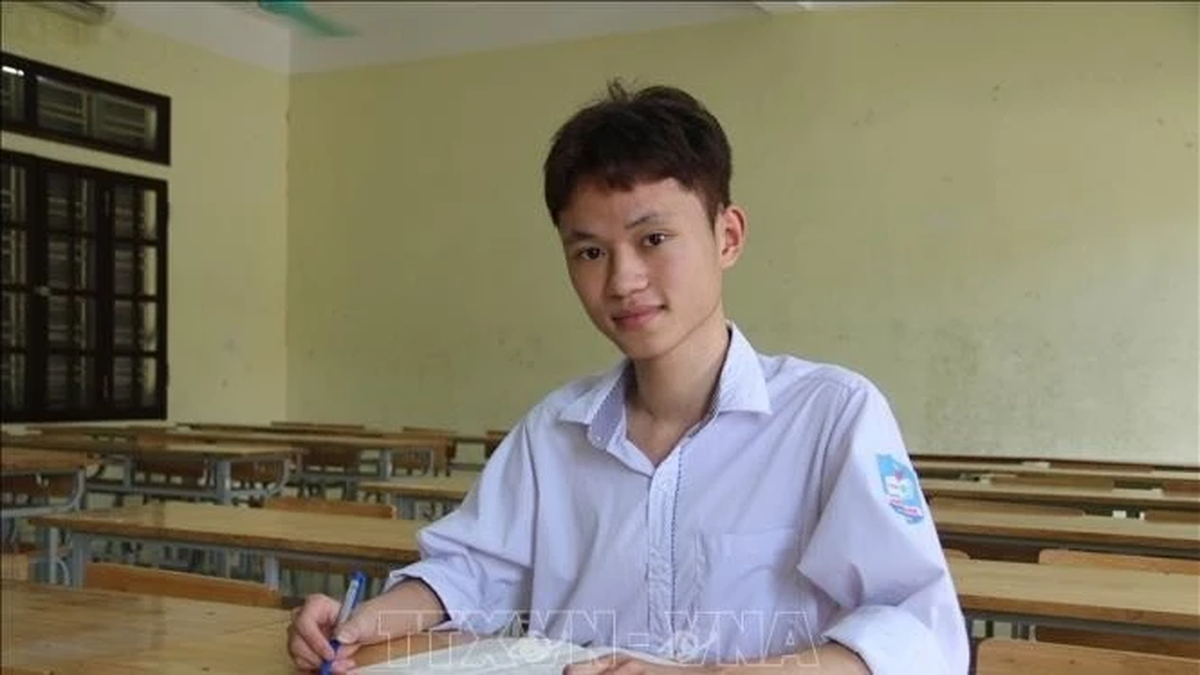
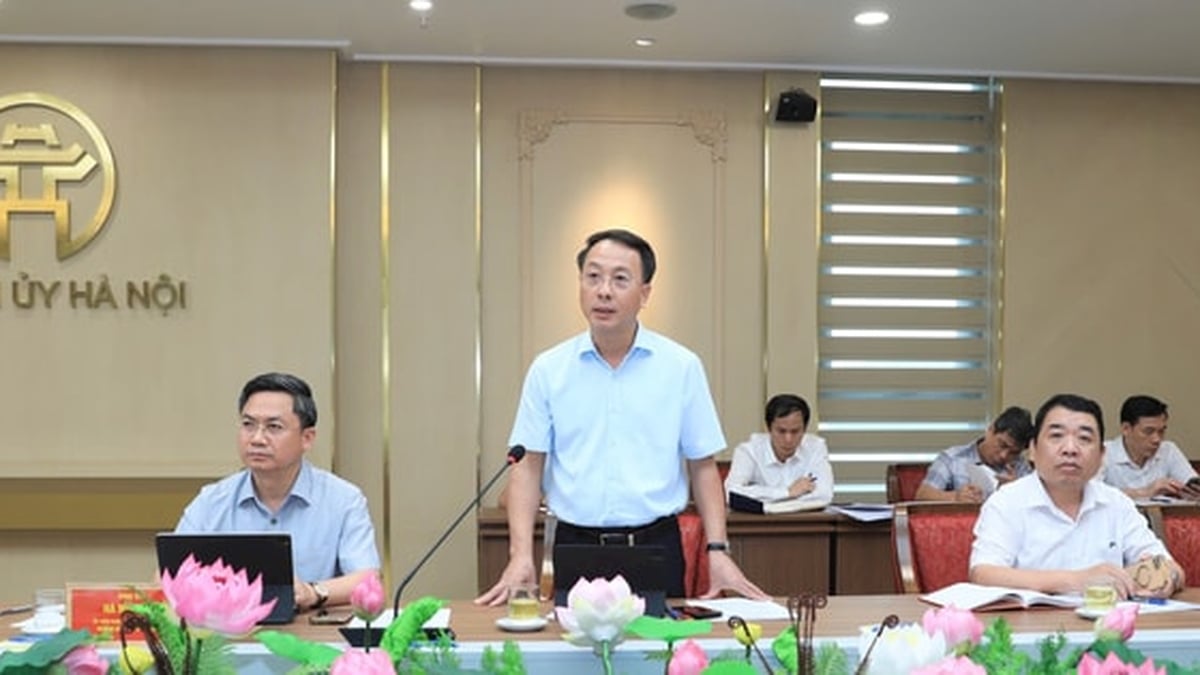
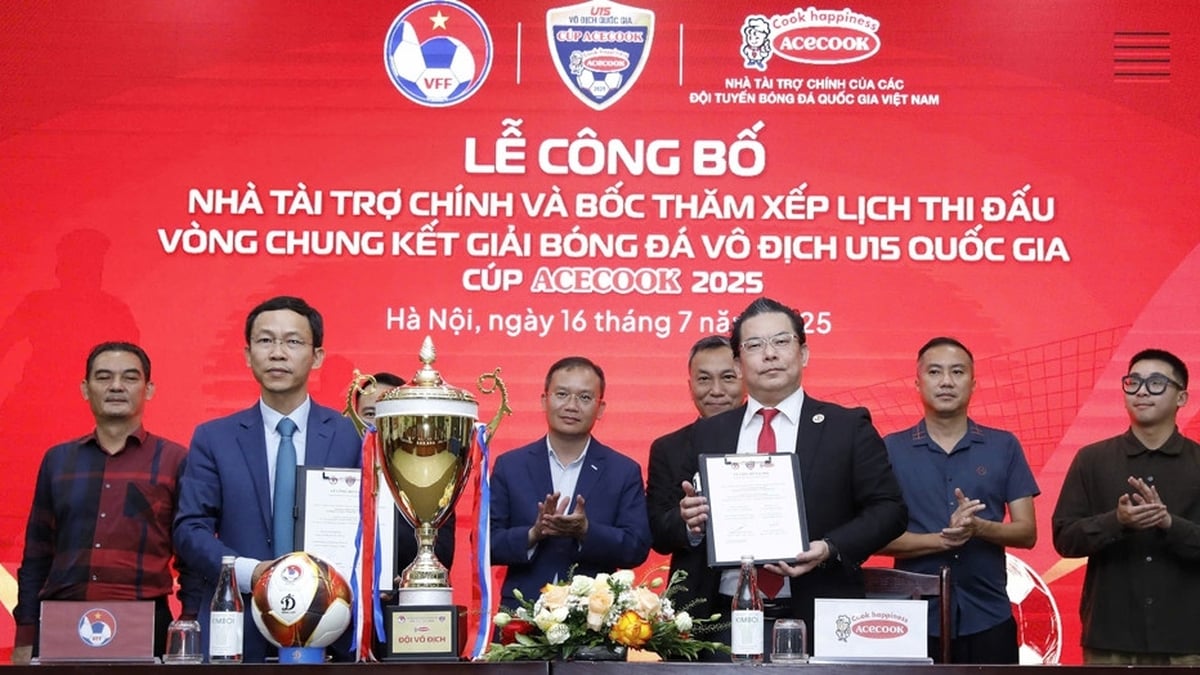
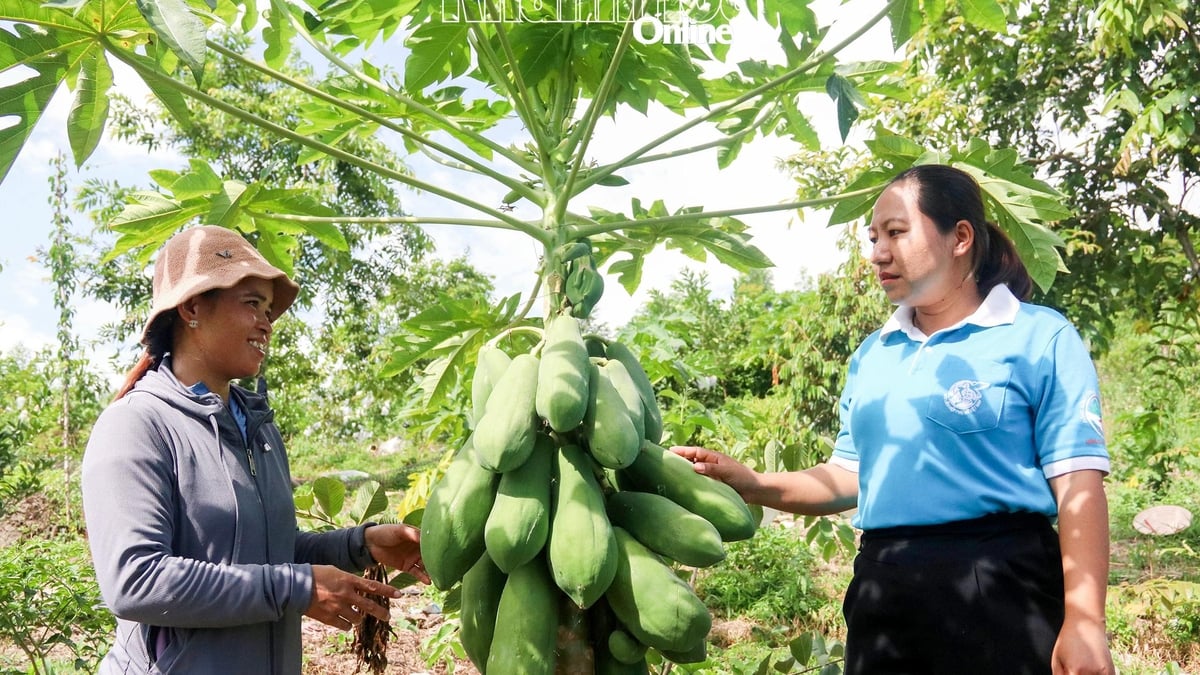
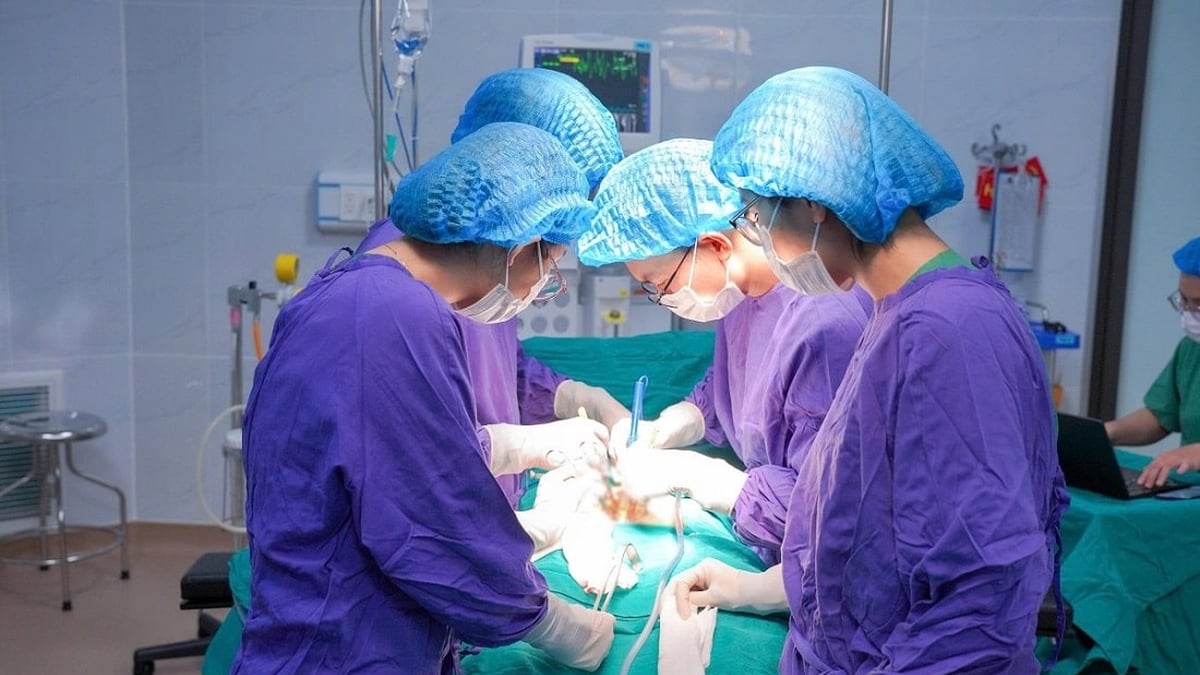
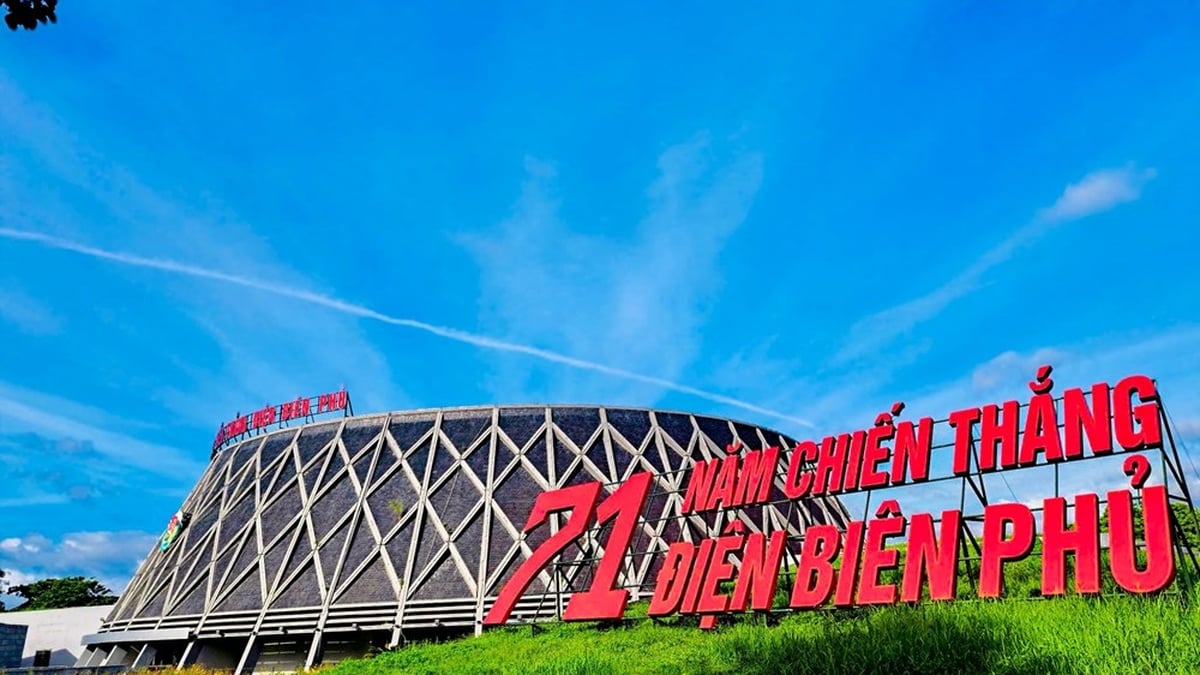
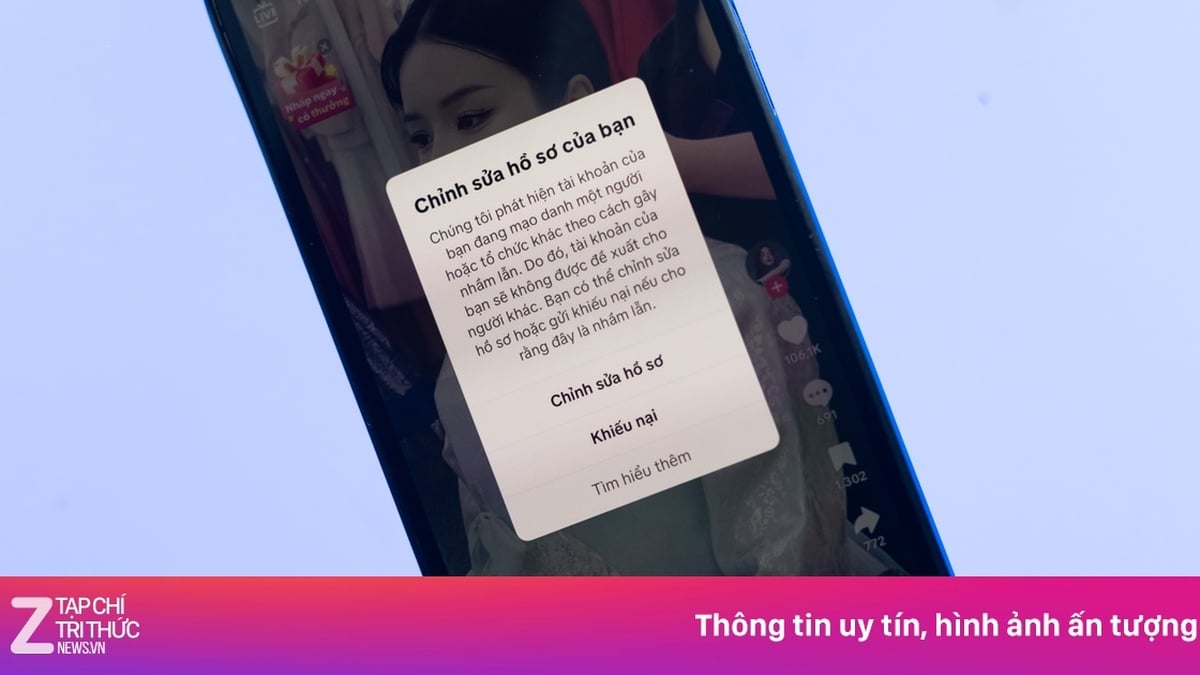
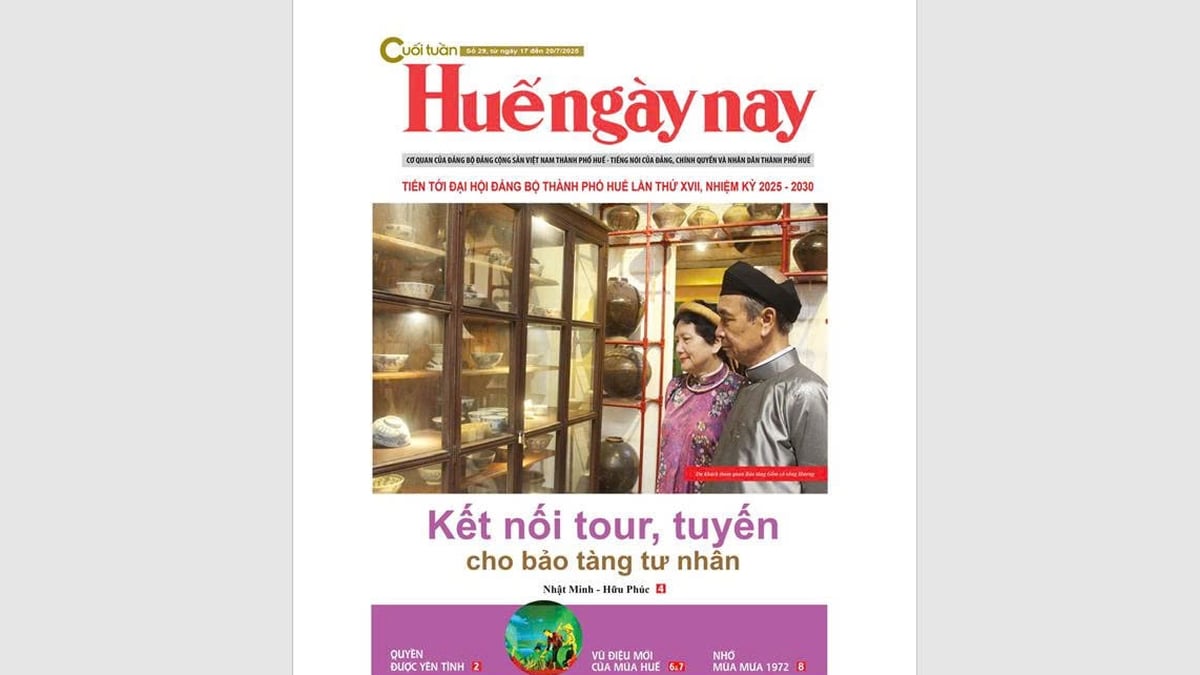
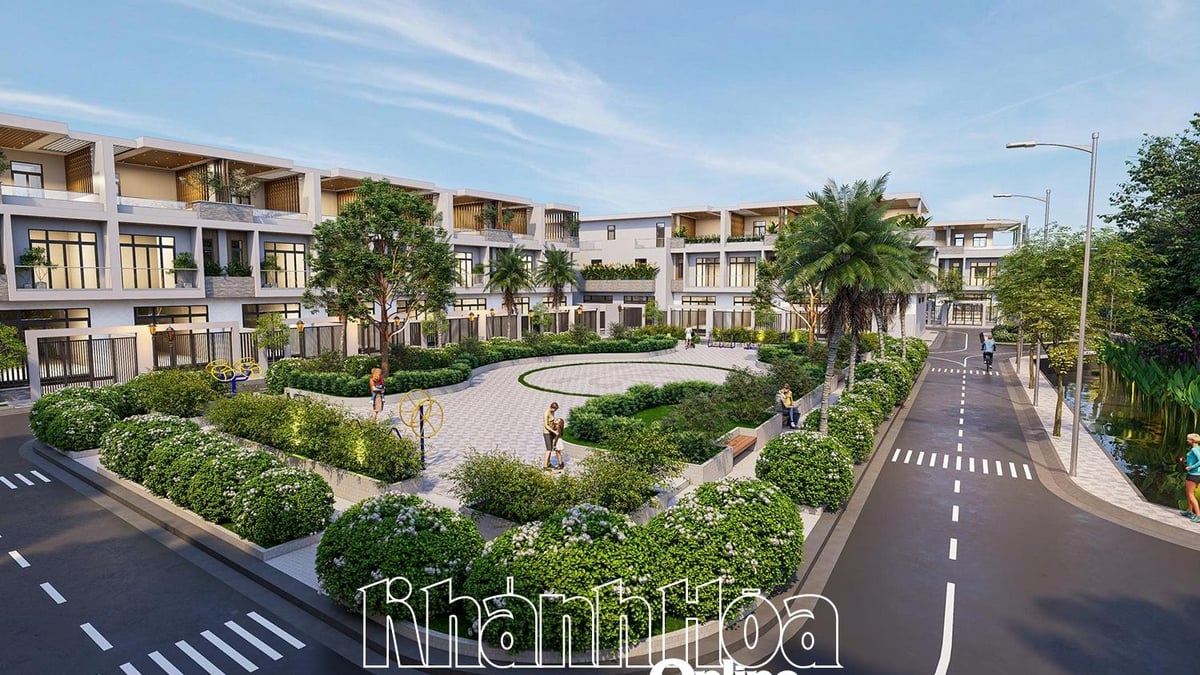
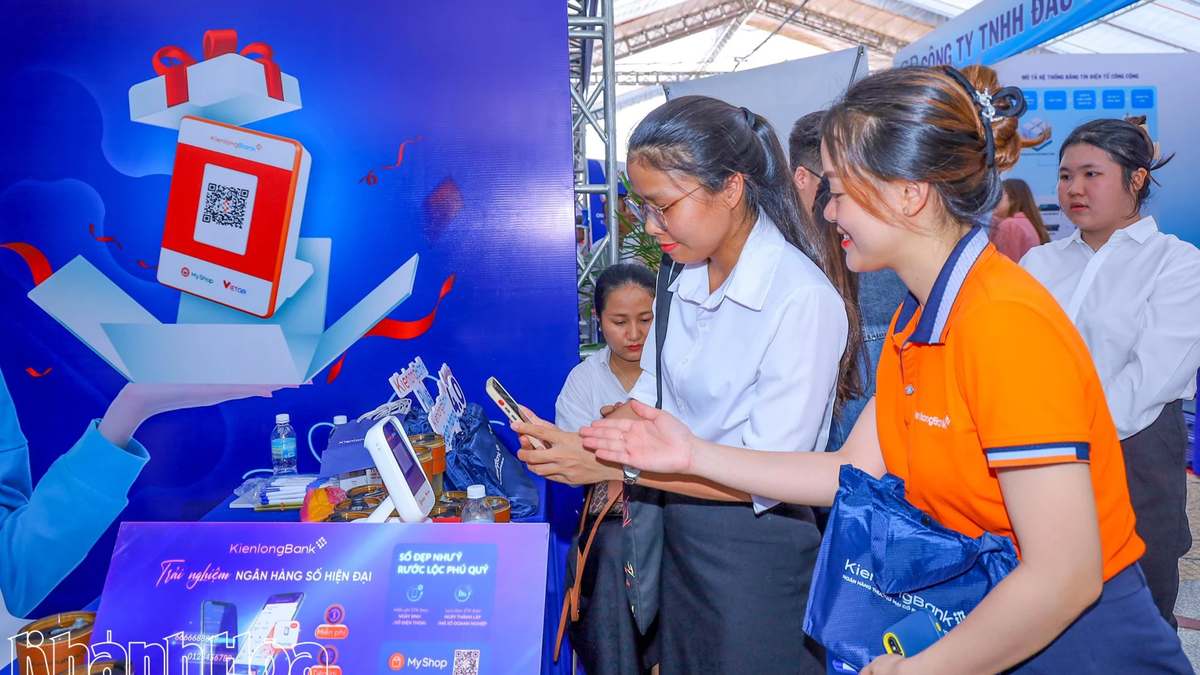








































![[Maritime News] More than 80% of global container shipping capacity is in the hands of MSC and major shipping alliances](https://vphoto.vietnam.vn/thumb/402x226/vietnam/resource/IMAGE/2025/7/16/6b4d586c984b4cbf8c5680352b9eaeb0)













































Comment (0)